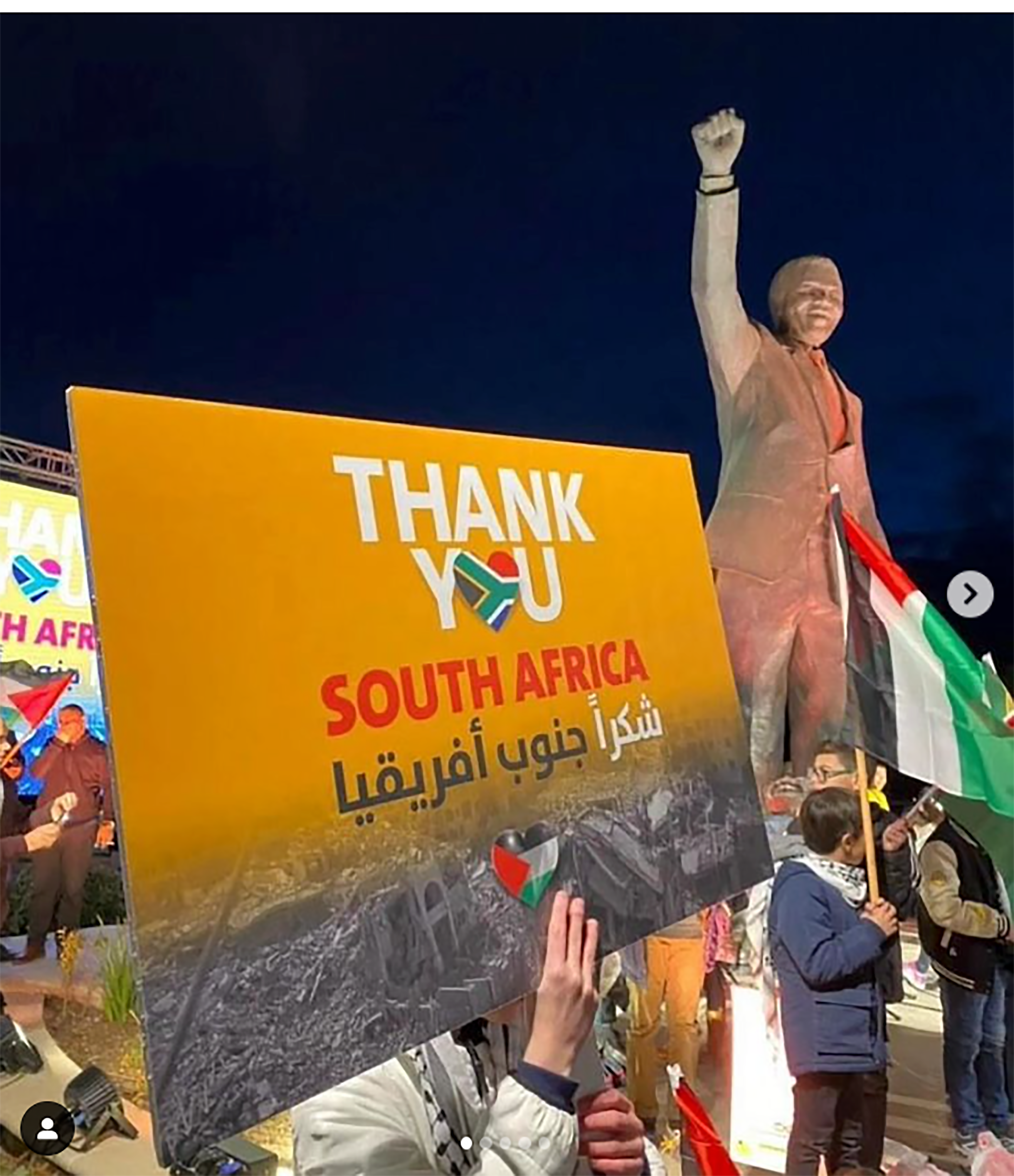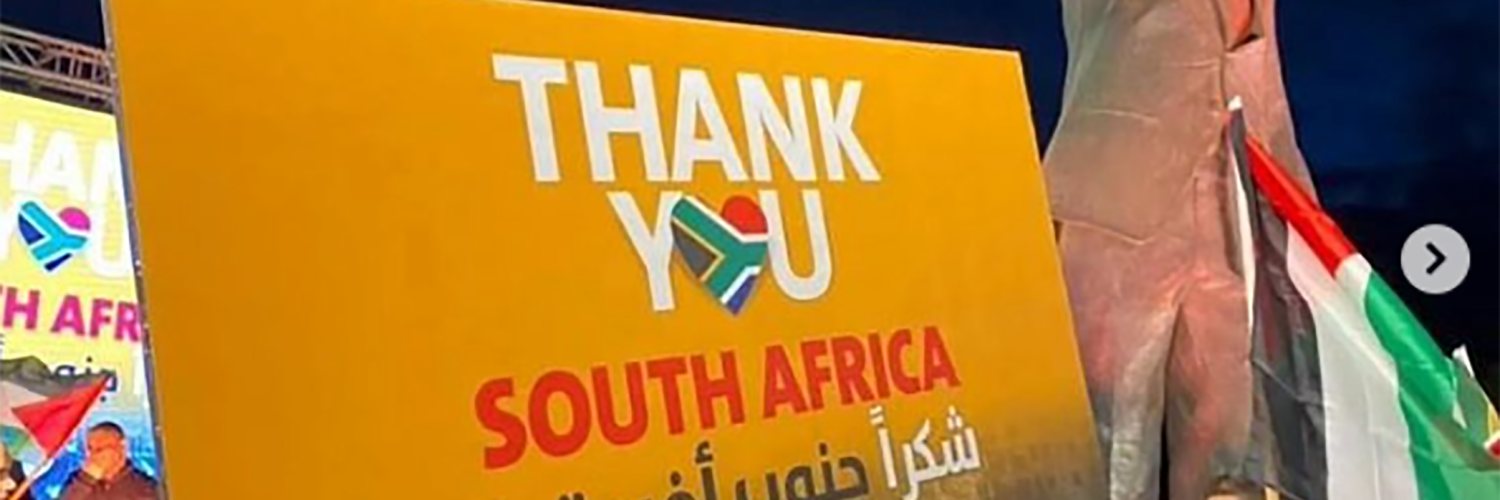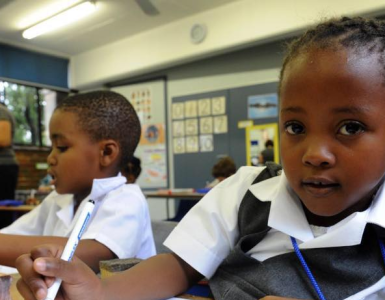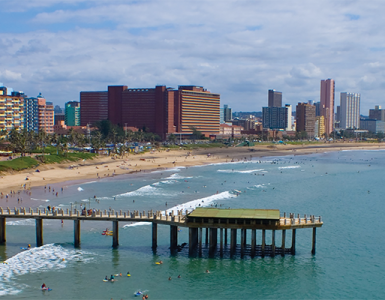TENSE WAIT: Divided international opinion as court ruling on South Africa’s urgent request for provisional measures to stop Israeli military operation in Gaza expected in a few weeks…
By Own Correspondents
As the world’s eyes focused yesterday and today on South Africa’s genocide case against Israel at the International Court of Justice (ICJ) in The Hague, Netherlands, international reaction to the action varied starkly across the globe.
South Africa took the stand in the current legal battle following its approach on December 29 to the ICJ, under the Genocide Convention, for acts committed by the Israel in the context of its ongoing attacks on Gaza.
In the unfolding legal duel, both South Africa and Israel laid bare their arguments during the two-day public hearing at the ICJ, with the South African legal representatives yesterday asking the ICJ judges to impose binding preliminary orders on Israel, including an immediate halt to Israel’s military campaign in Gaza.

In his opening remarks, South Africa’s Justice Minister Ronald Lamola acknowledged the horrors committed on October 7 by Hamas before making it clear that “no attack, no matter how severe, can justify this violence.”
He also sought to broaden the case beyond the confines of the ongoing Israel-Hamas war. “The violence and the destruction in Palestine and Israel did not begin on October 7, 2023. The Palestinians have experienced systematic oppression and violence for the last 76 years,” said Lamola.
For its part, Israel today rejected as false and “grossly distorted” accusations brought by South Africa that its military operation in Gaza is a state-led genocide campaign against Palestinians.
Arguing it was acting to defend itself and was fighting Hamas, not the Palestinian population, Israel called on the International Court of Justice (ICJ) to dismiss the case as groundless and reject South Africa’s request to order it to halt the offensive.
The Israel-Palestine war that started in October last year has since claimed thousands of lives and wounded many and will force hundreds of thousands of Palestinians into poverty, according to a United Nations report.
The ICJ is the principal judicial organ of the UN, which was established in 1945 by the Charter of the UN and began work the following year.
The court’s role is to settle and give advisory opinions on legal questions referred to it by authorised UN organs and specialised agencies.
The Court is composed of 15 judges, who are elected for terms of office of nine years by the United Nations General Assembly (UNGA) and the Security Council.
The South African representatives included Ronald Lamola, Adila Hassim, Tembeka Ngcukaitobi, John Dugard, Max du Plessis, Blinne Ni Ghralaigh, Vaughan Lowe and Vusimuzi Madonsela. Hundreds of pro-Palestinian supporters gathered outside the court. Israel’s Foreign Ministry released a strongly worded statement after the hearing in which it accused South Africa of “functioning as the legal arm” of Hamas.
What are South Africa’s accusations against Israel?
That Israel of committing the crime of genocide in Gaza in violation of the 1948 Genocide Convention, which both countries are party to.
The killing of Palestinians in Gaza in large numbers, especially children; destruction of their homes; their expulsion and displacement; blockade on food, water and medical assistance to the strip; the imposition of measures preventing Palestinian births by destroying essential health services crucial for the survival of pregnant women and babies, are all listed as genocidal actions in the suit.
What are South Africa’s immediate demands?
That the ICJ move urgently to prevent Israel from committing further crimes in the strip using “provisional measures” – essentially an emergency order that can be applied even before the main case begins. It argues that provisional measures are necessary “to protect against further, severe and irreparable harm to the rights of the Palestinian people under the Genocide Convention, which continue to be violated with impunity”.
How long will the trial go on?
The initial proceedings will likely last only a few weeks, so we should expect a sentencing from the court, in favour of or against South Africa’s urgent request, in a few weeks. The main case though, could take much longer – years.
The ICJ’s deliberations are a painstaking process, involving detailed written submissions followed by oral arguments and counter-arguments by the team of top legal counsels representing each state. Experts say a sentence in this case could take three to four years.
A ruling from the court in favour of, or against, South Africa’s urgent request for provisional measures in a few weeks. However, a final ruling on this could take years, even though the court could rule more quickly on South Africa’s request for Israel to suspend its military campaign.
Meanwhile, Palestinians gathered in Nelson Mandela Square in the occupied West Bank city of Ramallah, for a rally in appreciation of South Africa’s genocide case against Israel at the International Court of Justice at The Hague. – Al Jazeera, Reuters, AP, Haaretz
FRIDAY) – ISRAEL PRESENTS ITS CASE
- Israel laid out its defence against charges of genocide at the International Court of Justice in The Hague.
- Tal Becker, the legal adviser of the Israeli Ministry of Foreign Affairs, presented Israel’s opening statements arguing that South Africa had “ignored” the events of October 7 and that Israel had the right to defend itself.
- Becker also stated that the court should apply provisional measures against South Africa, accusing it of maintaining close ties with Hamas.
- Malcolm Shaw, a British professor of international law, then took the floor. He argued against South Africa’s claim the two countries were in a “dispute” instead labelling it a “unispute”.
- Galit Raguan, acting director of the international justice division at Israel’s Justice Ministry, then spoke after a short coffee break. She blamed Hamas for the high civilian toll in Gaza and asserted that Israel had not bombed hospitals.
- Christopher Staker, an international lawyer previously on the criminal tribunal for the former Yugoslavia, was Israel’s fourth representative. He claimed Israel had facilitated humanitarian aid.
- Gilad Noam, Israel’s deputy attorney general for international affairs, presented Israel’s final arguments. He argued against the use of provisional measures, listing several reasons, including that Hamas is considered a terrorist organisation by Israel and other countries and had committed “a large-scale terrorist attack”.
INTERNATIONAL REACTION
‘Massive disconnect’ between Israel’s claims and reality
The ICJ is likely to see a “massive disconnect” between the picture Israel painted today of its humanitarian concern for Gaza and “the reality on the ground where UN agencies say people are starving, lacking water, and seeing attacks on hospitals, schools, and universities”, says Thomas MacManus, a senior lecturer in state crime at Queen Mary University of London.
“I think the court will find it very difficult to add these two things,” MacManus told Al Jazeera. – Al Jazeera
- US SECRETARY OF STATE A BLINKEN
“The US believes South Africa’s genocide submission against Israel distracts the world from important efforts for peace and security.”=
- THE TIMES OF ISRAEL
In seeking The Hague’s intervention, Israel argued persuasively, South Africa is abusing the court and potentially subverting the Genocide Convention.
South Africa’s highly skilled and deeply disingenuous legal team on Thursday offered no credible evidence to back up the claim, as defined by the 1948 “Genocide Convention,” that Israel has been carrying out “acts committed with intent to destroy, in whole or in part, a national, ethnical, racial or religious group,” because no such evidence exists. – David Horowitz, The Times of Israel
- PALESTINIAN FOREIGN MINISTRY
“South Africa’s case before the International Court of Justice… is a historic event in the process of the joint Palestinian and South African struggle in the face of the injustice and genocide.
“Holding Israel, the illegal occupying power, accountable, using all legal tools, and through international justice institutions and international law enforcement, is the main focus of the legal strategy of the State of Palestine, and the core of the diplomatic and international movement”. – Reuters
- GAZA’S RULING HAMAS GROUP
Political official Basem Naim: “We welcome the convening of the (case)…on the accusation of ethnic cleansing and genocide. We are looking forward to seeing a decision by the court that would achieve justice for the (Palestinian) victims, end the aggression on Gaza, and hold the war criminals accountable.” – Reuters
- GERMAN MINISTER A BAERBOCK
“It is a fact that genocide preconditions the intention, to destroy or partly destroy a group because of their nationality, ethnicity, race or religion. I cannot detect any of this intention by Israel in its self-defence against an armed terror group Hamas. We will observe the hearing closely.”
- NELSON MANDELA FOUNDATION
“The Nelson Mandela Foundation extends support to the South African legal team as they appear before the International Court of Justice today. Wishing them strength and success in their pursuit of truth, justice and peace. #CeasefireNow.” – Reuters
- LEBANON’S FOREIGN MINISTRY
(“We hope for a) fair and expeditious verdict that reflects respect for human values and rights, especially international humanitarian law.” – Reuters





























